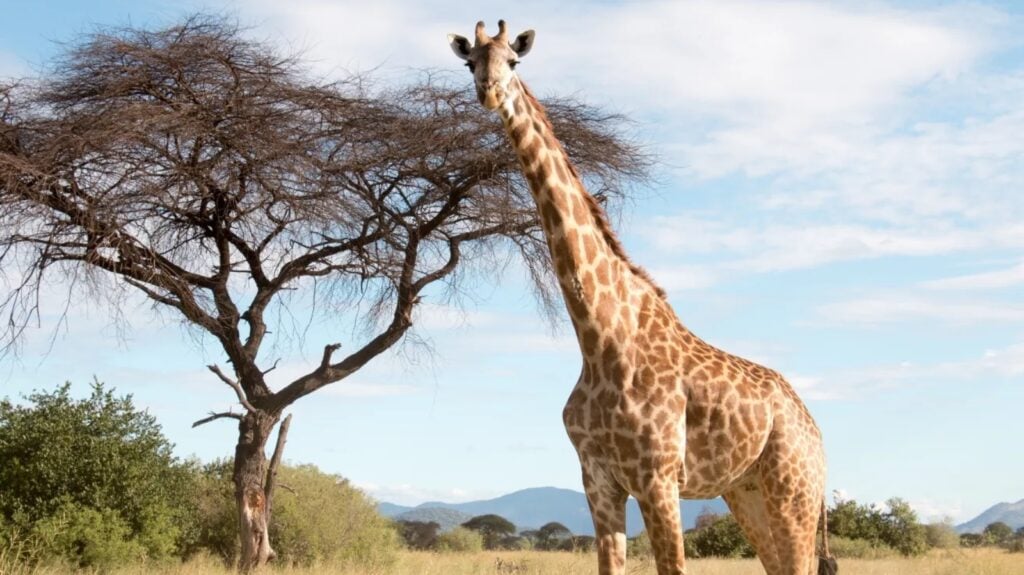Back in 2016, Tanzania banned wildlife exports in a bid to protect its local animals from being shipped abroad.
But last weekend, the East African country decided to lift the ban, reportedly so it could allow its traders “to clear stocks of animals.”
But, amid nationwide uproar, that decision lasted for approximately one day. And now, wildlife exports are illegal once again.
Pindi Chana, Tanzania’s Tourism Minister, said that as a “responsible minister” she immediately put a stop to the lifting of the ban. She said in a statement: “There will be no exporting of live animals as we consult further and until the government decides otherwise.”
Global NGO WWF was concerned about the original decision to lift the ban.
Poaching has been significantly declining in the country, and as a result, wildlife populations have started to recover.
Protecting Tanzania’s wildlife
In 2014, Tanzania’s wildlife was in crisis. In fact, one government census revealed that since 2009, it had lost 60 percent of its elephants to poaching. The population stood at just over 43,000.
But in 2016, a “special task force” was launched to tackle poaching, and populations started to recover.
The country is known for its abundance of wildlife. It’s home to roughly 20 percent of Africa’s large mammals, who live in about one-third of its land mass, all of which is protected.
It’s also home to more than 1,000 species of bird, chimpanzees, and the last of Africa’s wild dogs.
But the country is constantly battling to protect its animals.
One of its key victories was the imprisonment of Yang Fenglan, a businesswoman from China who led an organized crime syndicate that trafficked more than $6 million worth of elephant tusks. Nicknamed “Ivory Queen” by the media, Fenglan was sentenced to 15 years in prison in 2019.






